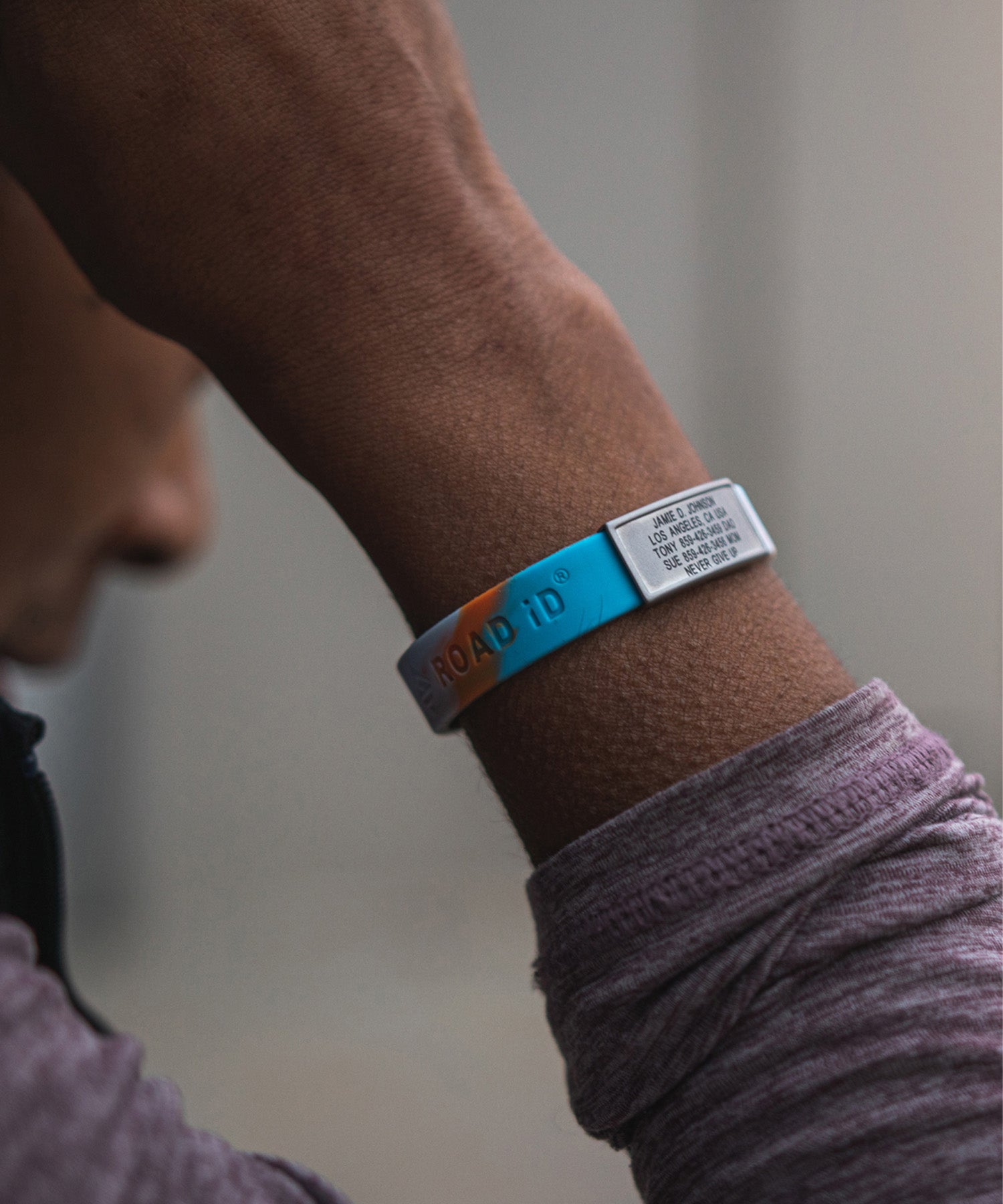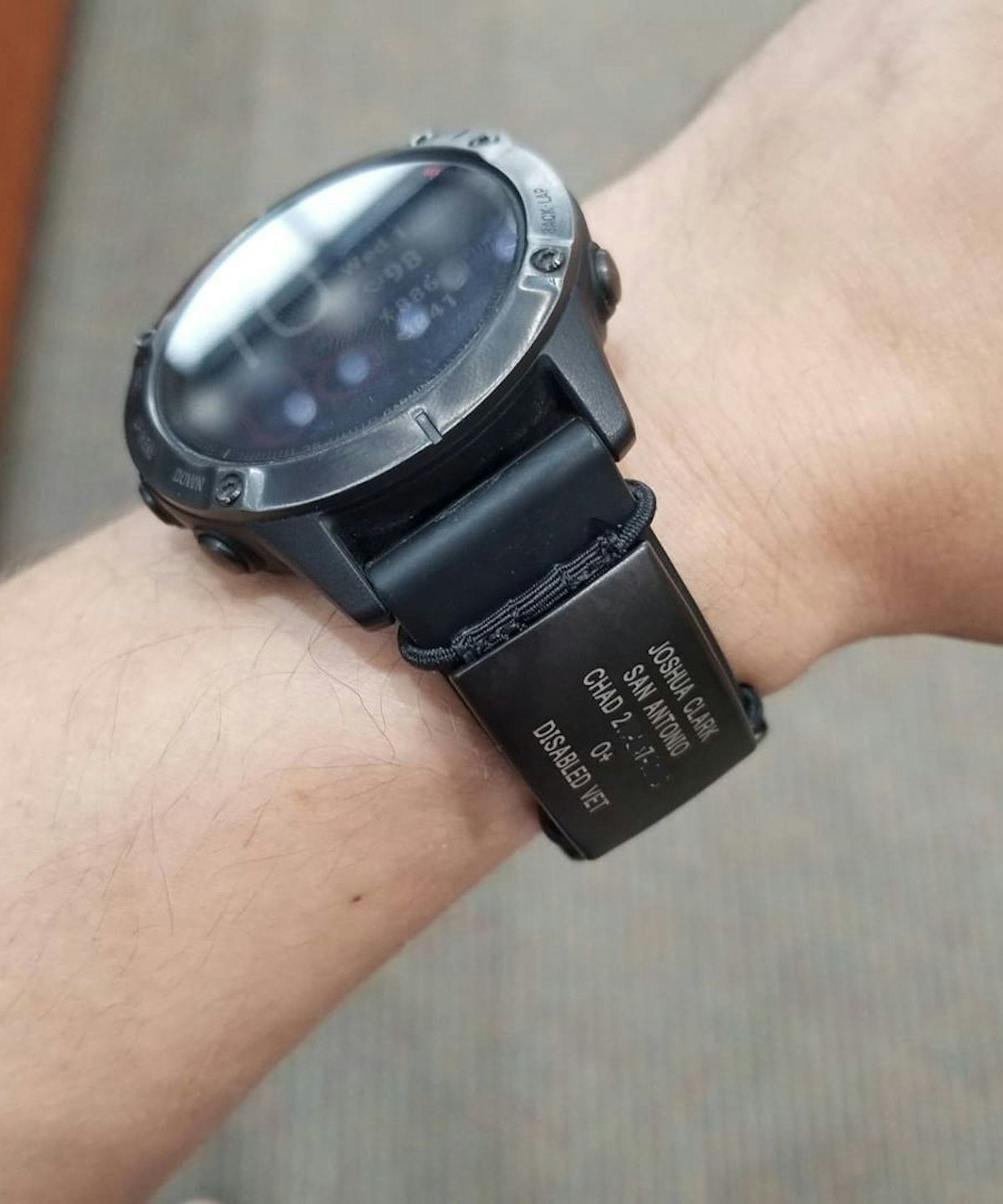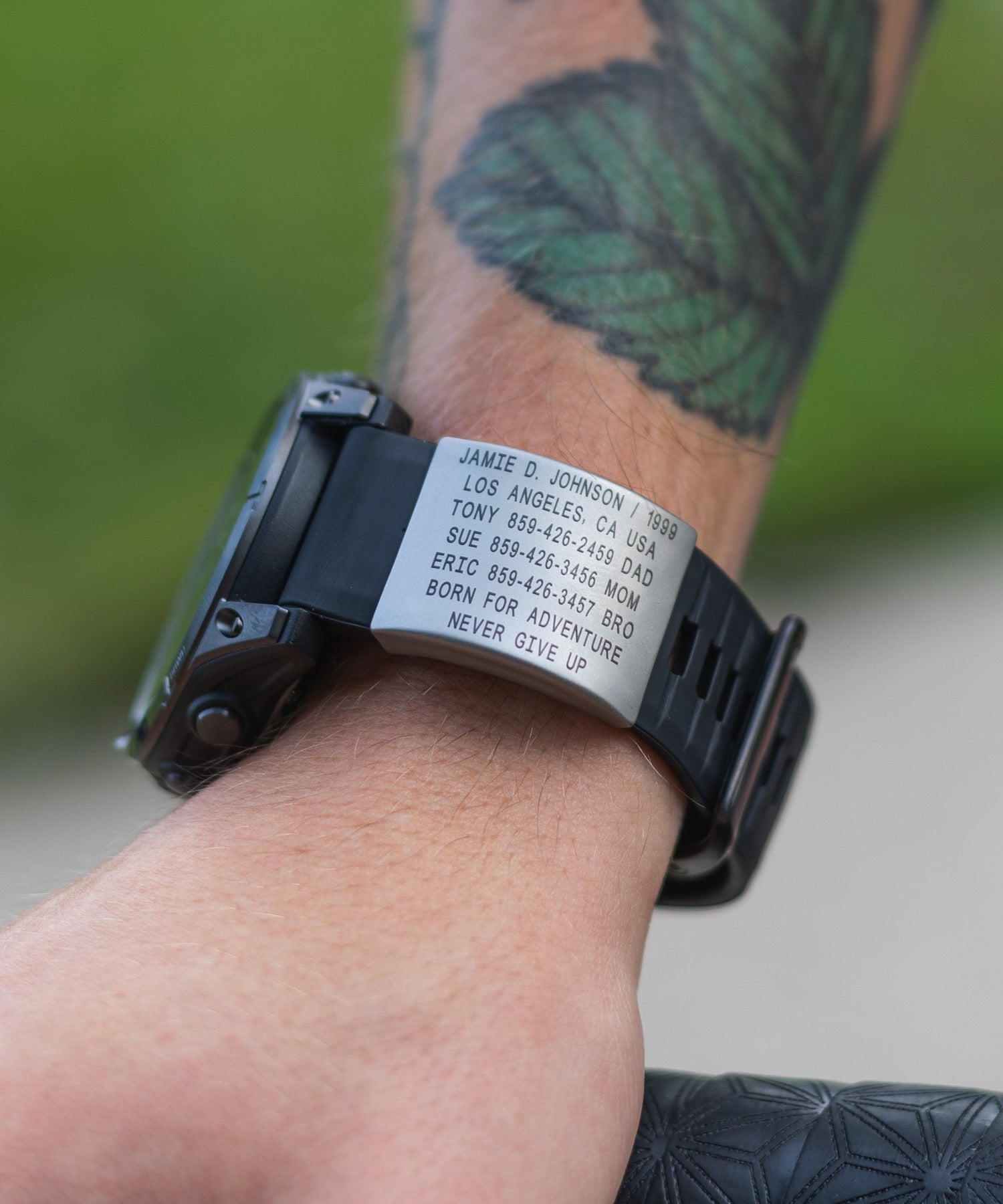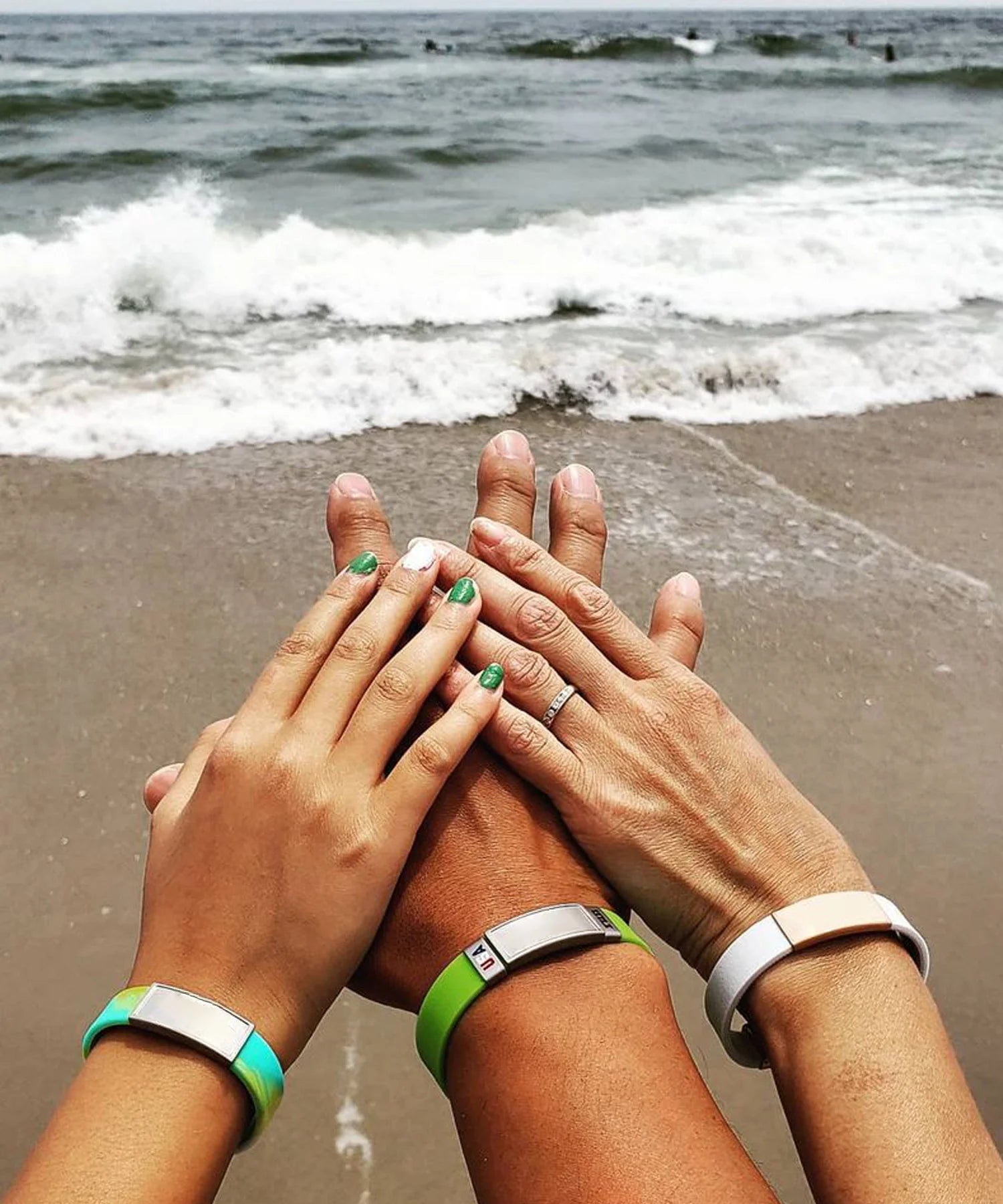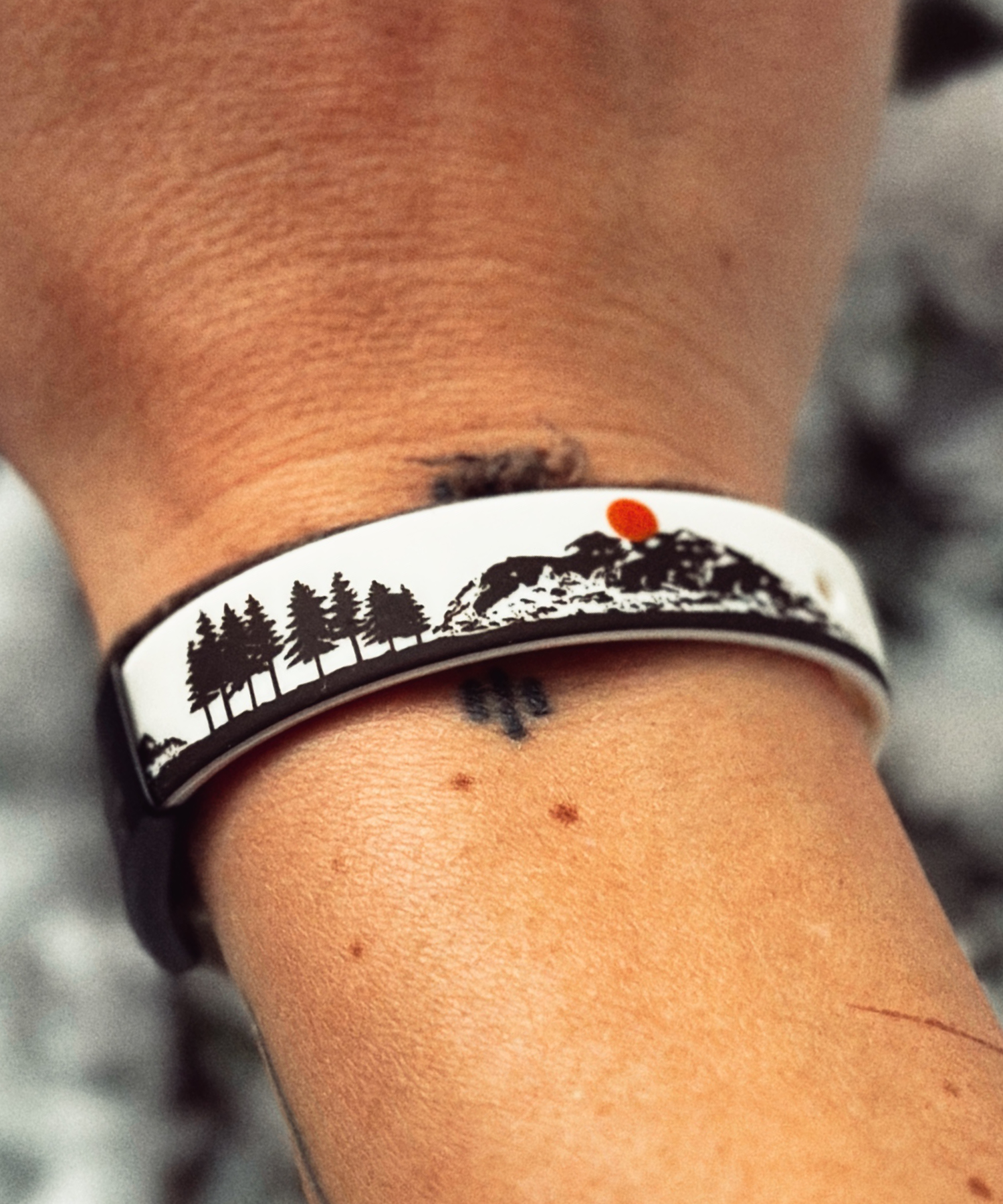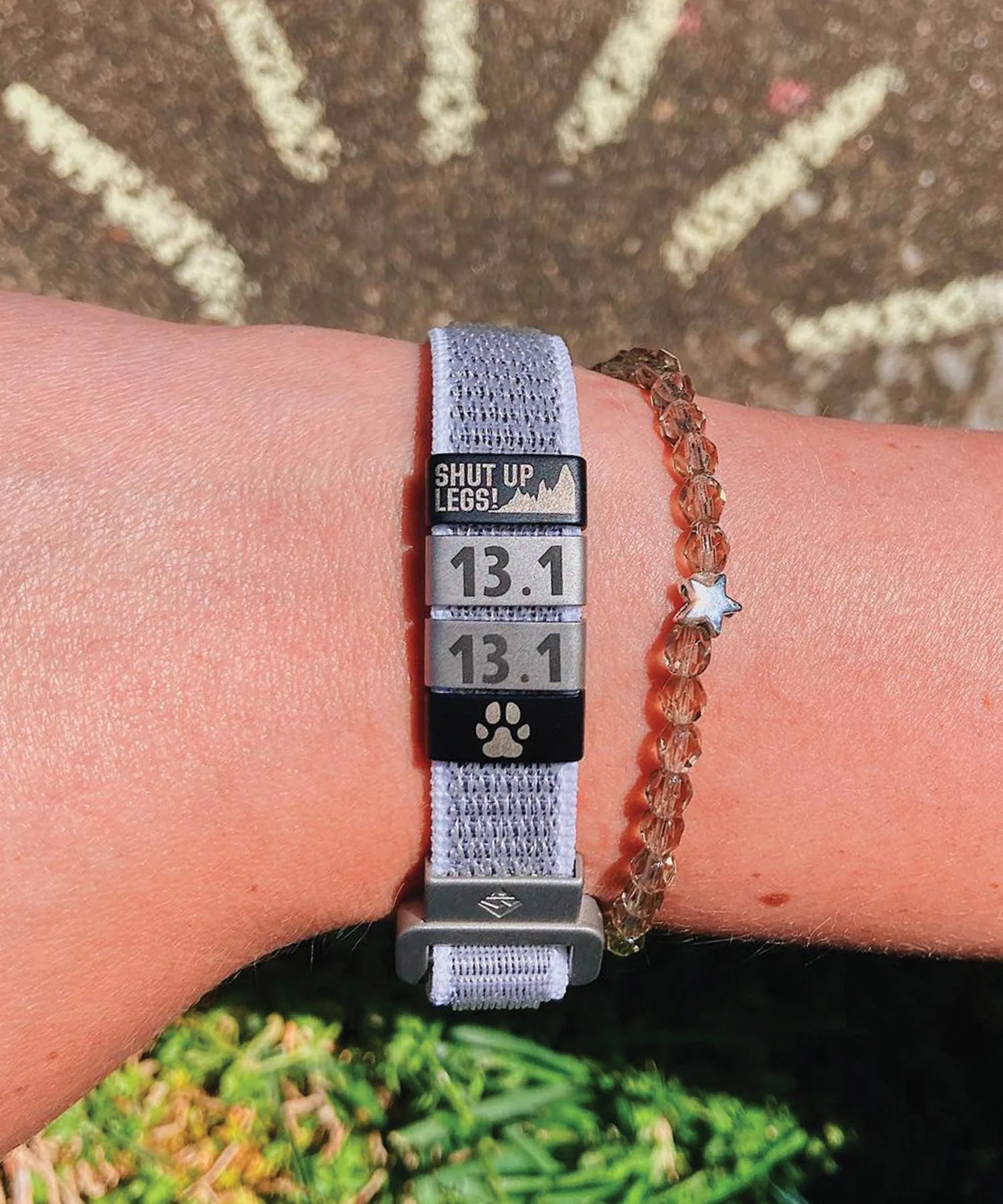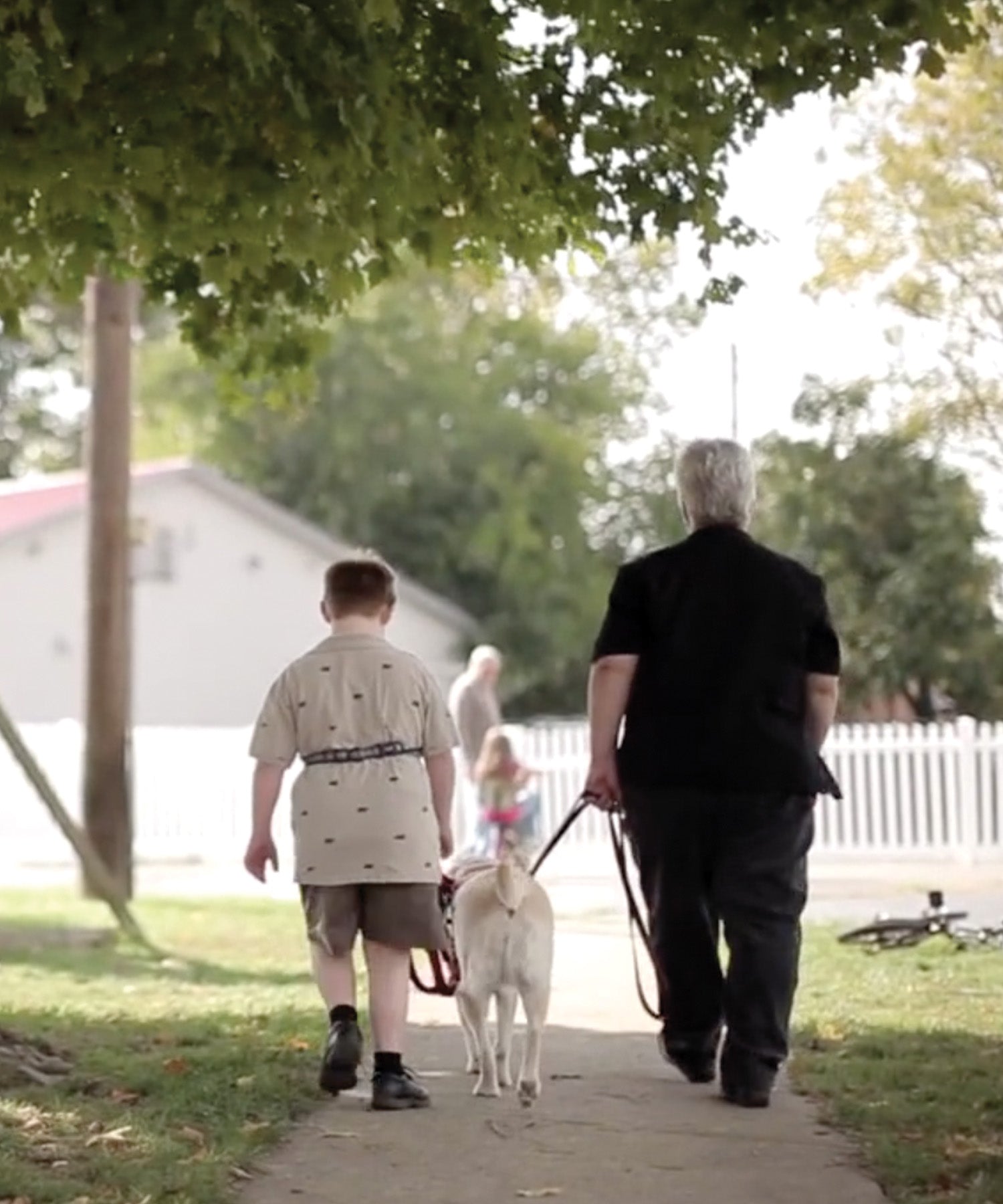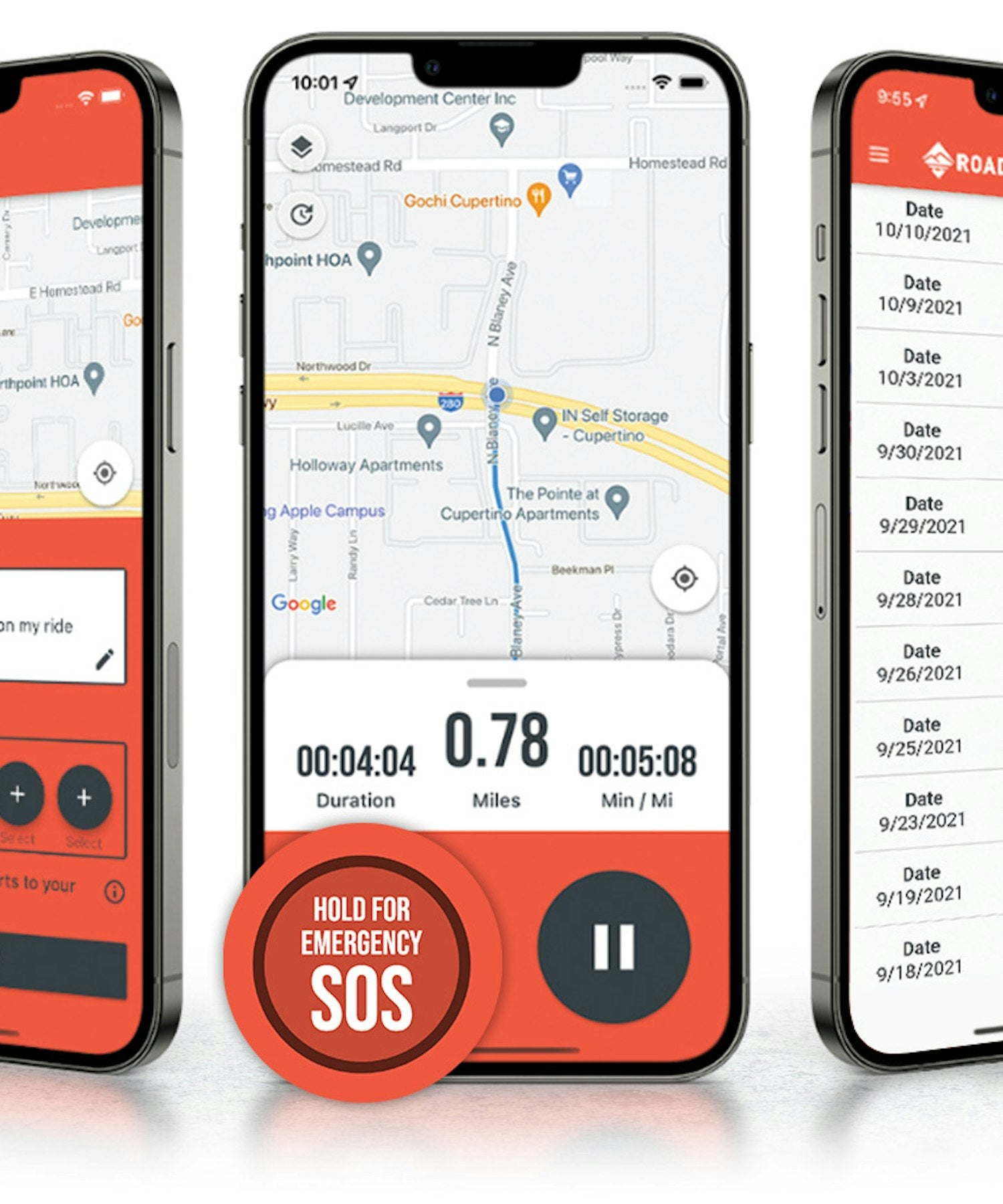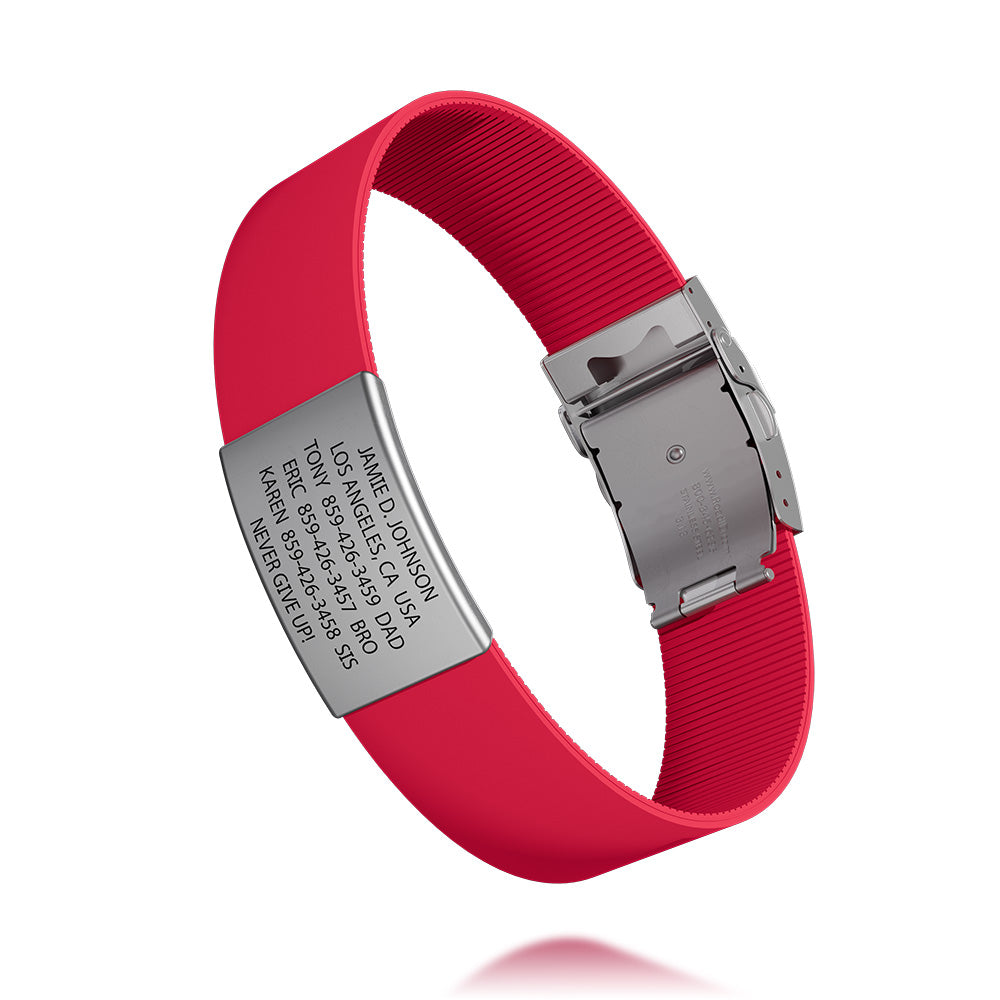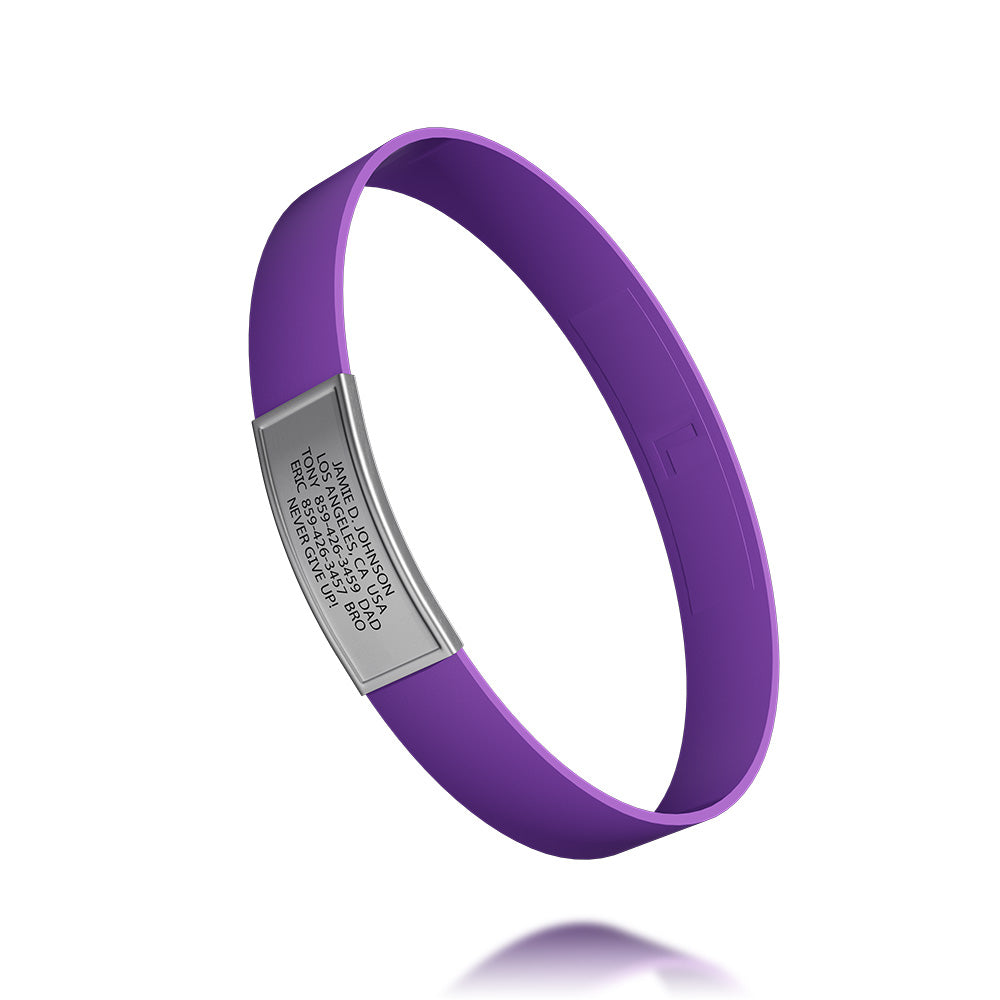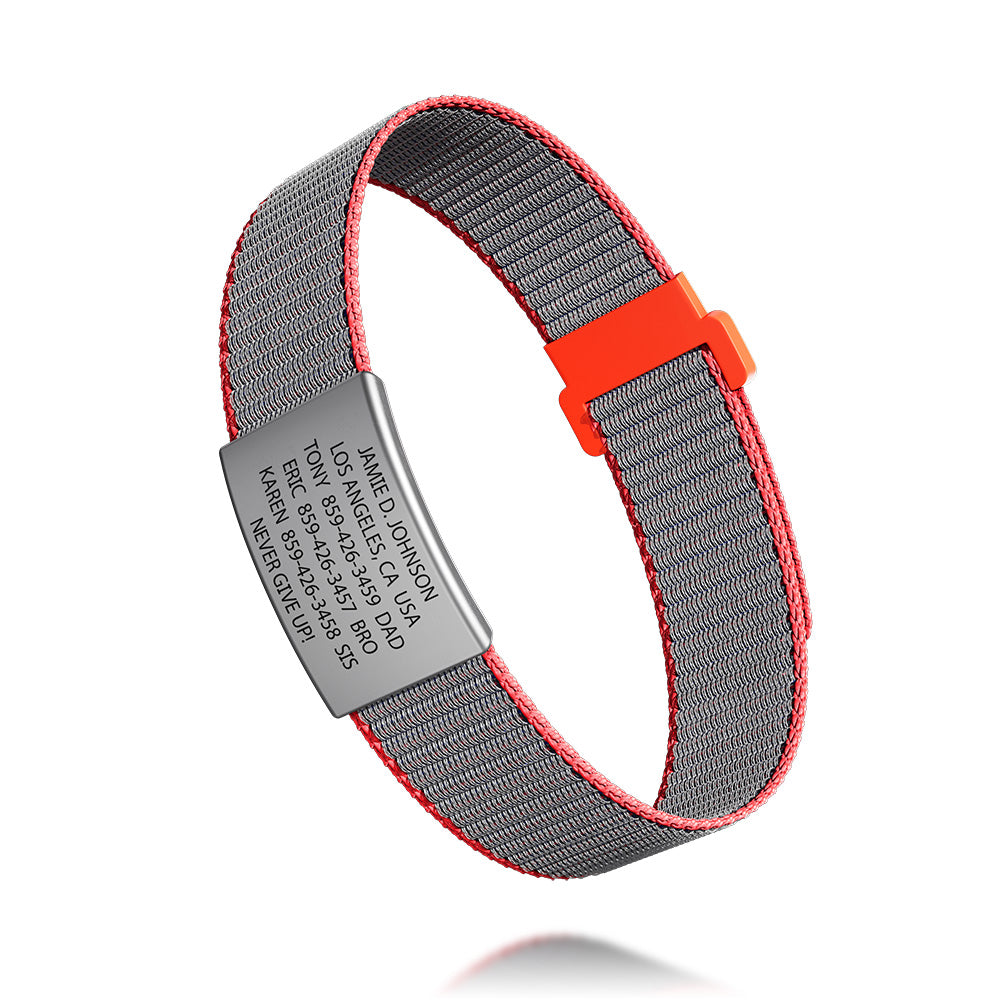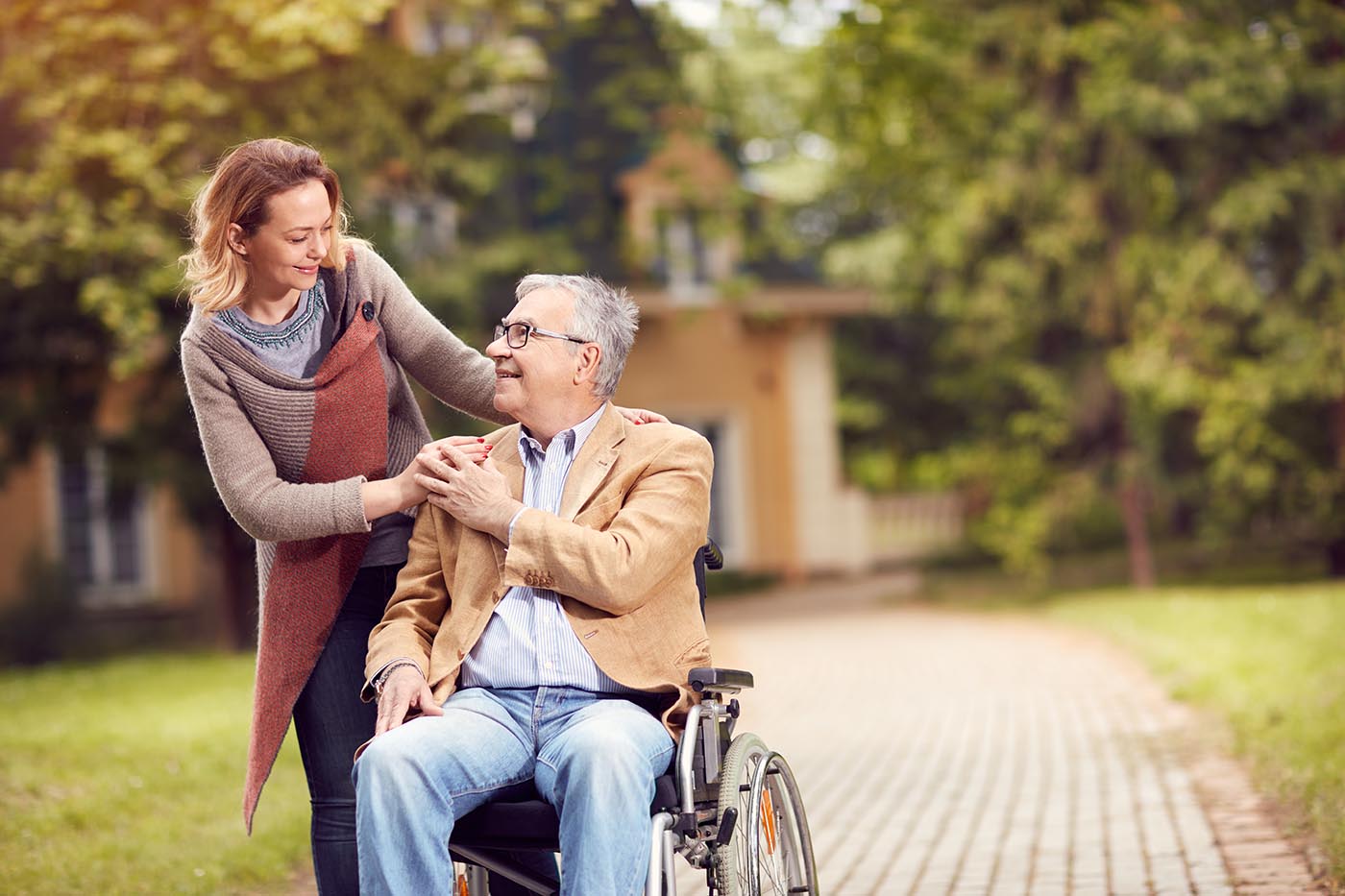
Aging is a part of life, as unfortunate as it is. The effects of aging are gradual, whether it’s watching wrinkles appear on your face, your back hurting more frequently, or slowly noticing you aren’t as strong, agile, and limber as you once were. If you haven’t noticed any signs of aging in yourself, you’ve probably seen them in your relatives—parents, grandparents, aunts and uncles—or older friends.
While the effects of aging are gradual, there are sudden events that can permanently change an elderly person’s life, with a fall being one such instance. Whether happening inside or outside of the home, elderly falls result in more than 2.8 million injuries each year, leading to over 800,000 hospitalizations and more than 27,000 deaths.
However, falls will not be your only concern for your elderly family and friends. If they live with medical diseases like diabetes or dementia, there are a whole number of concerns that need to be taken into account, the foremost being: Will someone be able to help them when they need it most?
While it’s a scenario you don’t want to imagine, it’s one you should take into account. They might need a caretaker if their health condition is bad enough, but there are other precautions you can take to keep them safe. One of the simplest is a medical alert bracelet for elderly friends and family members.
The Purpose of a Medical Alert Bracelet
A medical alert bracelet for elderly individuals is a wearable accessory that clearly communicates a person’s medical history and personal information. Why is this important for elderly individuals? An elderly friend or family member might become disoriented or unconscious if they have a fall, diabetic attack, stroke, or some other accident or emergency. An elderly individual might not be able to get someone’s attention or respond to them in the event of one of these incidents. It’s thus important that they have a means to communicate something to them.
Medical ID bracelets help improve their outcome following an accident or emergency, by telling a bystander, EMT, and/or medical professional their vital information, which can include: their name, emergency contact name and phone number, medical condition, medications,etc.
An ID bracelet for elderly may save their lives in the event of an accident or medical emergency, allowing them to be escorted to a medical professional who knows their medical history and contact their emergency contacts. For instance, knowing an elderly relative has diabetes will be helpful prior to treatment for falling in public, as it might point to their disease causing the collapse.
Road ID Medical Alert Bracelets
Our medical bracelets are used to protect you in the event that you are unable to help yourself. A ROAD iD medical alert bracelet allows you to carry your vital medical information right on your wrist. In the event of an accident or emergency where you cannot receive immediate medical attention while responsive, a bystander and/or medical professional can access your name, address, emergency contacts and medical information in an instant.
Our medical bracelets are useful for people of all ages, from children to the elderly, but they are especially beneficial to those suffering from chronic conditions and diseases. Here are a few ailments and conditions it can be helpful for:
Medical Bracelets for Certain Medical Conditions and Diseases
Dementia and Alzheimer’s
Alzheimer’s and dementia are difficult diseases to live with, whether for the person who has them or those close to them in their lives. People with the disease deal with gradual memory loss, which usually affects their short-term memory. This can include forgetting something someone told them a few hours earlier or something that was mentioned a half-hour ago.
In later stages of the disease, it will cause large lapses in memory that include serious brain fog and disorientation. A common response to this is a need to flee from an area, solely out of discomfort. Wandering is common, and it can have serious issues. If they are disoriented, they will have trouble remembering their name, where they live and other relevant information.
An Alzheimer’s disease and dementia bracelet, one of the best medical alert bracelets available, is incredibly useful for such patients. It guarantees they have personal information on them even if they become forgetful, disoriented, or happen to wander. These medical ID bracelets are vital as they ensure that anyone who finds the individual can immediately access their emergency contact listed on the bracelet. This feature of most medical alert bracelets provides essential assistance and safety for patients, allowing for quick identification and support in times of need.
DIABETES
Diabetes is a disease that is difficult to manage, especially for older adults. Aging can make it harder to remember simple tasks, so an elderly relative or friend might forget whether they took their insulin, checked their blood sugar levels, or are properly eating throughout the day.
To avoid the dangerous side effects that come from diabetes, we recommend a medical alert bracelet for diabetics. This alert bracelet, a form of medical ID bracelet, will be engraved with an elderly diabetic’s name, address, and emergency contact number. It will also clearly state that they are diabetic and whether they are Type 1 or 2.
Knowing the difference is crucial for medical professionals, as it will allow them to act accordingly in the event that something happens to a family member or friend. These ID bracelets are a vital part of medical IDs, offering peace of mind and essential information for both the wearer and medical responders.
ALLERGIES
Allergy attacks are dangerous, as they can lead to a person having a number of dangerous symptoms, whether it’s becoming disoriented, becoming physically ill, constricting of the throat, or losing the ability to speak and breathe. The latter is a common response for some people, and it’s the most dangerous response of all, as anaphylaxis can be deadly if untreated.
It’s important that a person with allergies wear a medical bracelet. In the event of an allergic reaction, they’ll have an immediate list of their name and medical conditions for anyone else to read.
For instance, their allergy ID bracelet might say, “Allergic to nuts/Uses an EpiPen.” If they cannot reach for the EpiPen in time and need assistance, they can show their allergy bracelet to a bystander, pointing to that engraving and insinuating they are in need of assistance. The bystander can then administer help while considering calling for an ambulance afterwards.
When Should Medical Bracelets Be Worn?
We recommend that elderly individuals wear their medical ID bracelet at all times, whether inside or outside of the house. This is especially true for any elderly friends or family members who enjoy being active. By keeping their personal information on them, they’re able to enhance their personal safety in the event of an accident, injury, or medical emergency, especially in instances where they are non-verbal or non-hearing and are found by a bystander.
Similarly, we recommend that anyone with diseases wear a medical alert bracelet while outside of the home. It’s important to take precautions when living with diseases such as diabetes, a heart condition, Alzheimer's, or severe allergies. Although they might have everything they need, such as instant glucose tablets and an EpiPen, on them, it is always helpful to have pertinent medical information nearby for others to see and reference. It makes it far easier to administer informed assistance in the event of an emergency.
Choosing a Medical Alert Bracelet
Medical ID bracelets come in a variety of different types and styles, whether you’re looking for medical alert bracelets for women, men, or children.
Band Types
Our bands come in three different styles, all of which can be picked depending on a person’s security and preference. The silicone stretch band is a simple, comfy, no-fuss option that sits on the wrist by stretching it over the hand.
The clasp band is similar to contemporary wristwatches in that it has a silicone band that can be customized to fit perfectly and is fastened by a tri-fold clasp.
The pin-tuck band is similar to an old wristwatch or belt, allowing users to size their band as needed and securing it by clasping and tucking a metal nib into the silicone strap for a secure and stable fit.
Band Styles
The wrist bands of the ROAD iD medical bracelets come in a variety of colors, helping you match any personality and style. Whether you’re an outdoorsy person, a free-spirit, a professional or the simple-and-straightforward type, we have the band that will fit you.
BAND WIDTHS
Our medical bracelets come in two different sizes: 13mm and 19mm. The 13mm is recommended for children and most women, while the 19mm width might be preferable as a gifted medical alert bracelet for men. Similarly, elderly friends and family might appreciate the size of the 19mm, as it will be more visibly present on the wrist, all without physically feeling it.
FACEPLATE COLORS
We offer three colorways for engraved faceplates. These are: rose gold with black engraving; slate with black engraving; and graphite with gold engraving. Faceplate colors can be matched with your band style of choice, whether you want something that’s subverted or something that will catch everyone’s eye.
WHAT A MEDICAL ALERT BRACELET SHOULD SAY
Our medical id bracelets allow for up to five lines of text, which can be customized to your preferences and medical needs. While anything can be listed on a bracelet, we recommend including the following pertinent information on medical alert bracelets for elderly friends and family:
- First and last name, per government ID and medical records
- Permanent address — city, state and zip code
- Primary emergency contact name and number
- Secondary emergency contact
- Specific medical condition(s) and disability
- Relevant medical information, such as history, devices used or treatment precautions
- Blood type, if known
While all of the above cannot be fit, you’ll have to consider what information is most relevant to your elderly family member or friend—what will most likely save their life when they most need the assistance.
PROTECTING YOUR ELDERLY FRIENDS AND FAMILY
The best thing you can do as a younger individual is to help elderly family and friends in your life where they need it, particularly with simple tasks that have become more difficult with time. But you should provide however possible, offering a helping hand even when you’re not around. One simple way is through gifting them a medical alert bracelet while informing them of its uses. It might just help them when they need it most.
their life when they most need the assistance.

Shop Medical Alert Bracelets
Image Credits
Lucky Business/Shutterstock
Jacob Lund/Shutterstock
bestber/Shutterstock
Julia-art/Shutterstock
Lenscap Photography/Shutterstock
Robert Kneschke/Shutterstock
Montri Thipsorn/Shutterstock
Rido/Shutterstock
Alexander Raths/Shutterstock
fizkes/Shutterstock
Ruslan Huzau/Shutterstock

